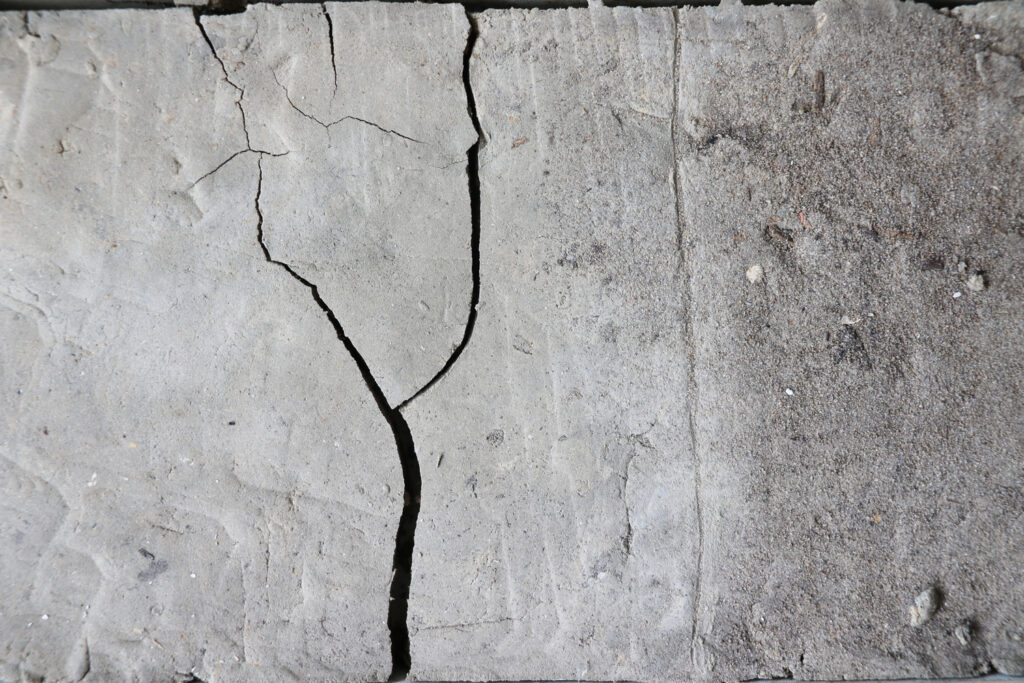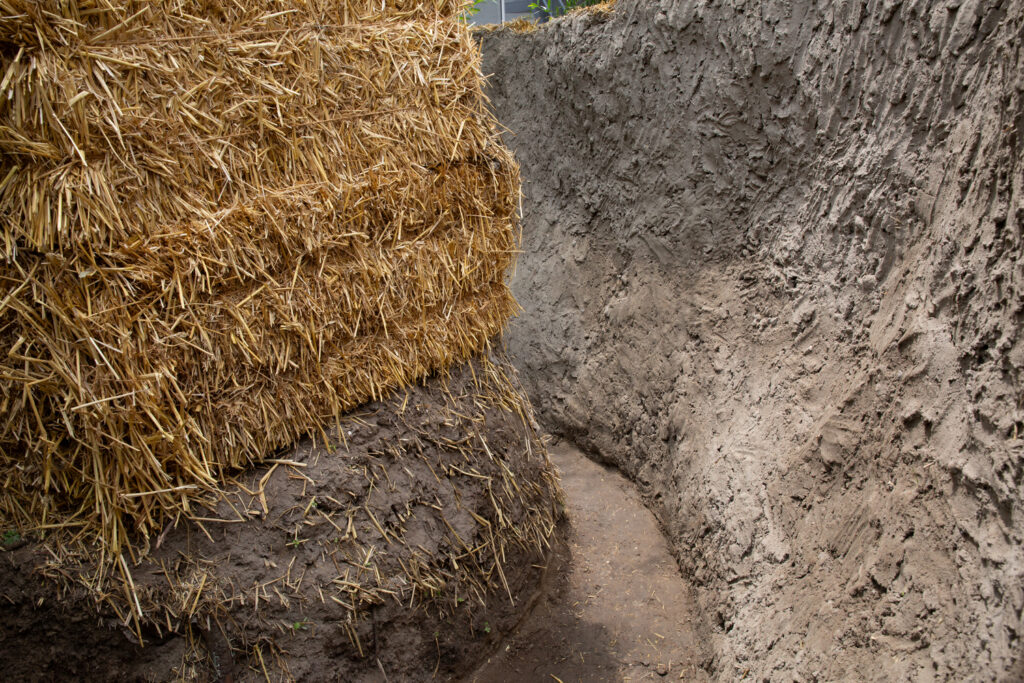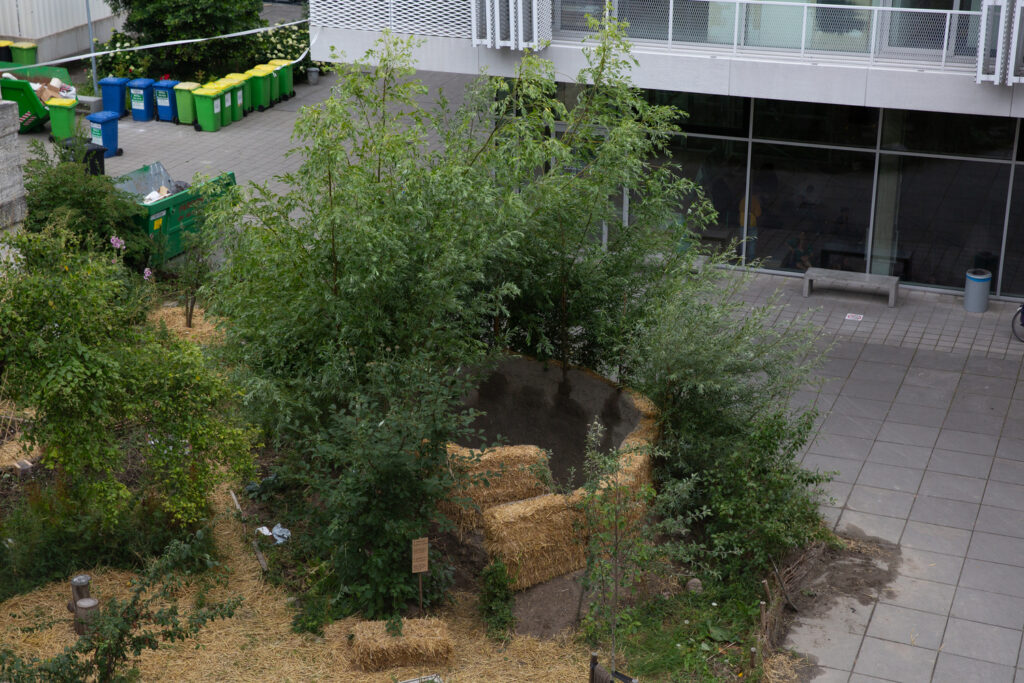Ada Jochimsen
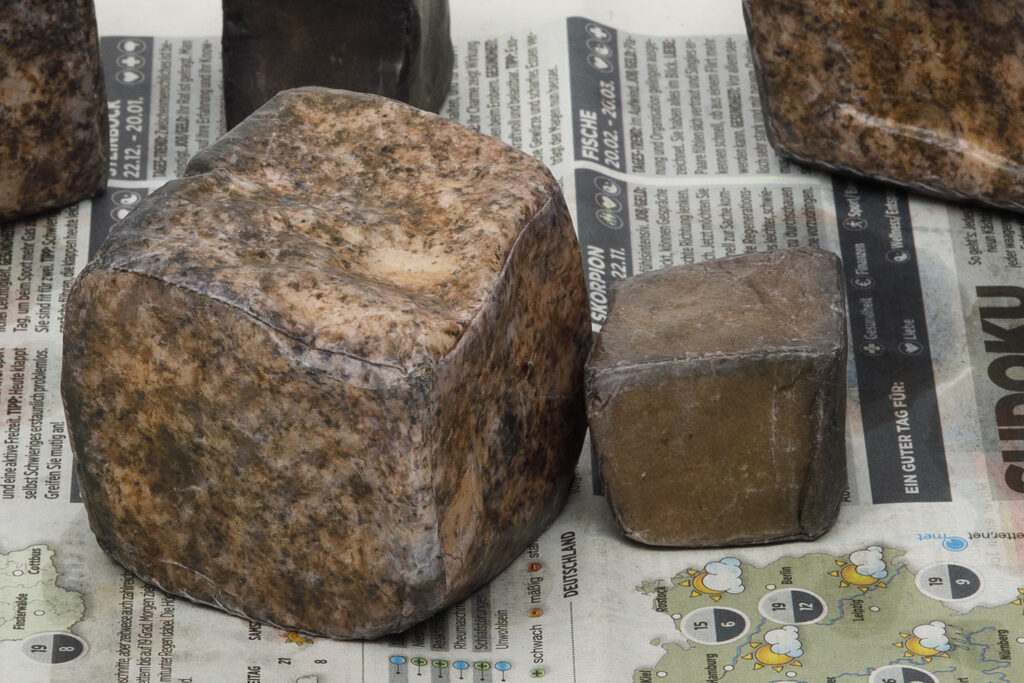
some things seem solid to me
permanent and unchangeable
long time i dreamt of
heavy device and big movements
words like
protest or resistance
believing
that it would need emptiness
to be able to create something new
looking at
the ordinary, the seemingly insignificant,
the kitchen-table-sized
with a slightly tilted head
i’ve found that
it doesn’t take much more than that
some melting stones
a scratched surface
some greasy stains
traces of pigment on the wall
a quiet hiss of the air escaping a tyre
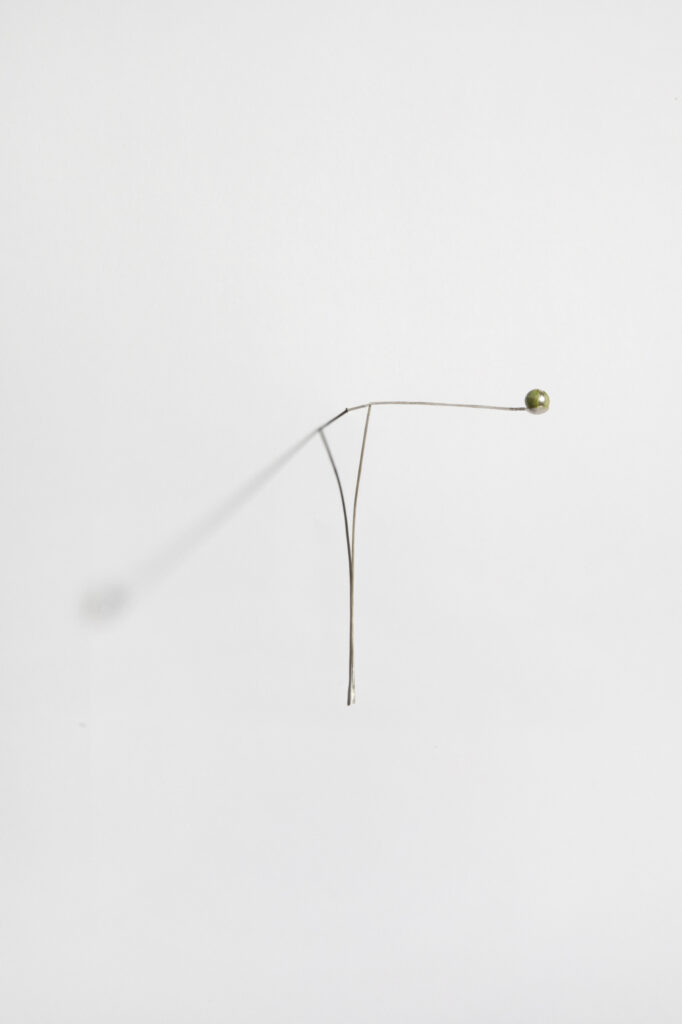
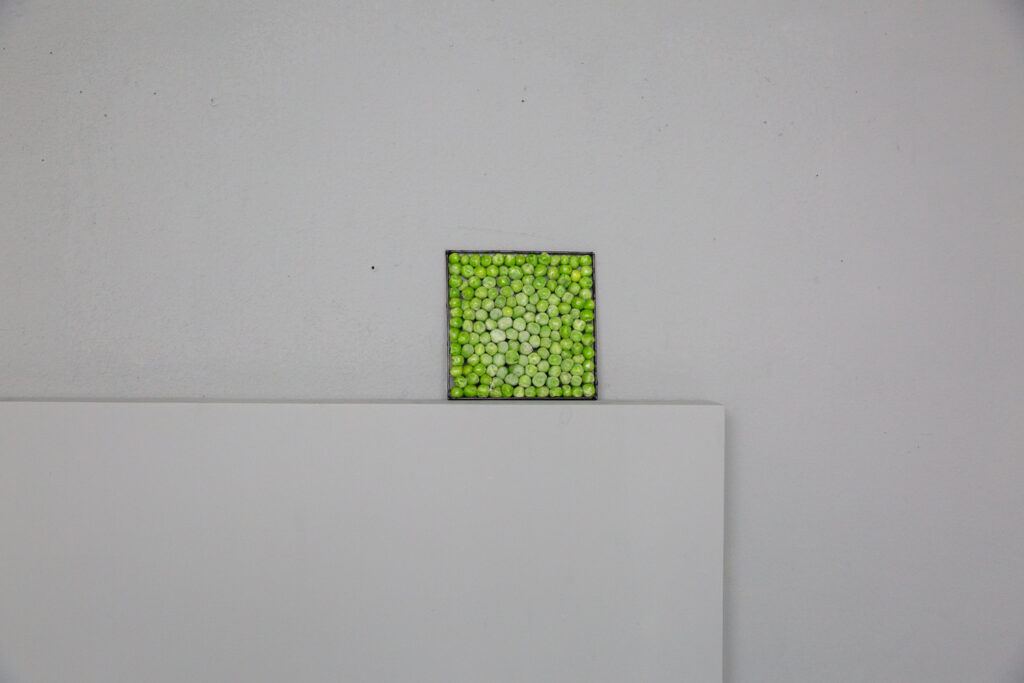
Karla Nilzén
Potatoes, beans and eggs. worms skeletons and fetuses
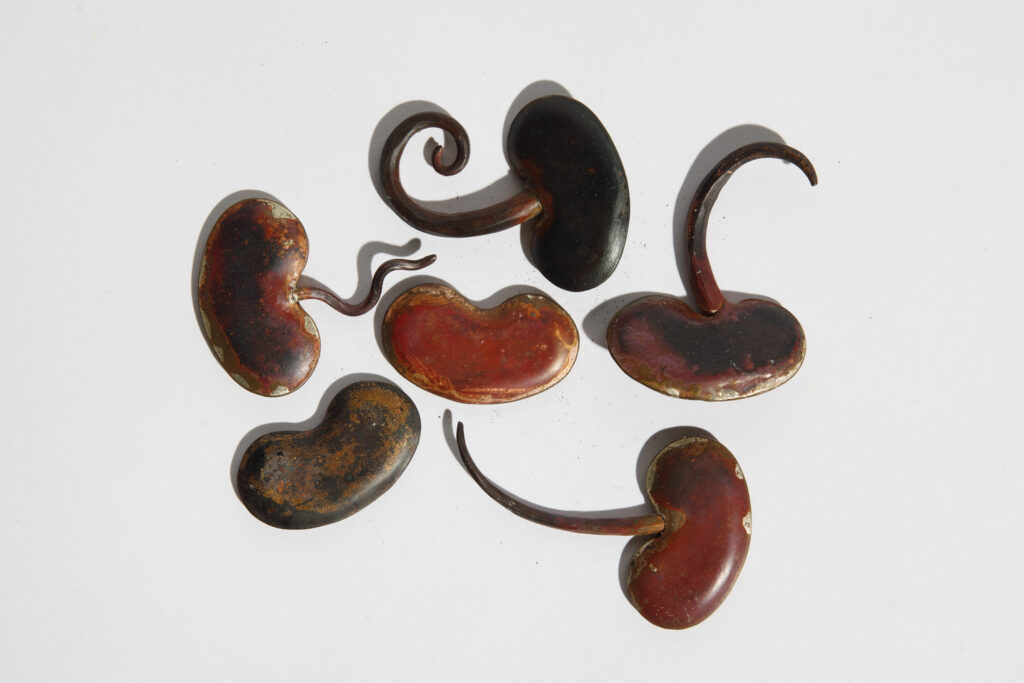
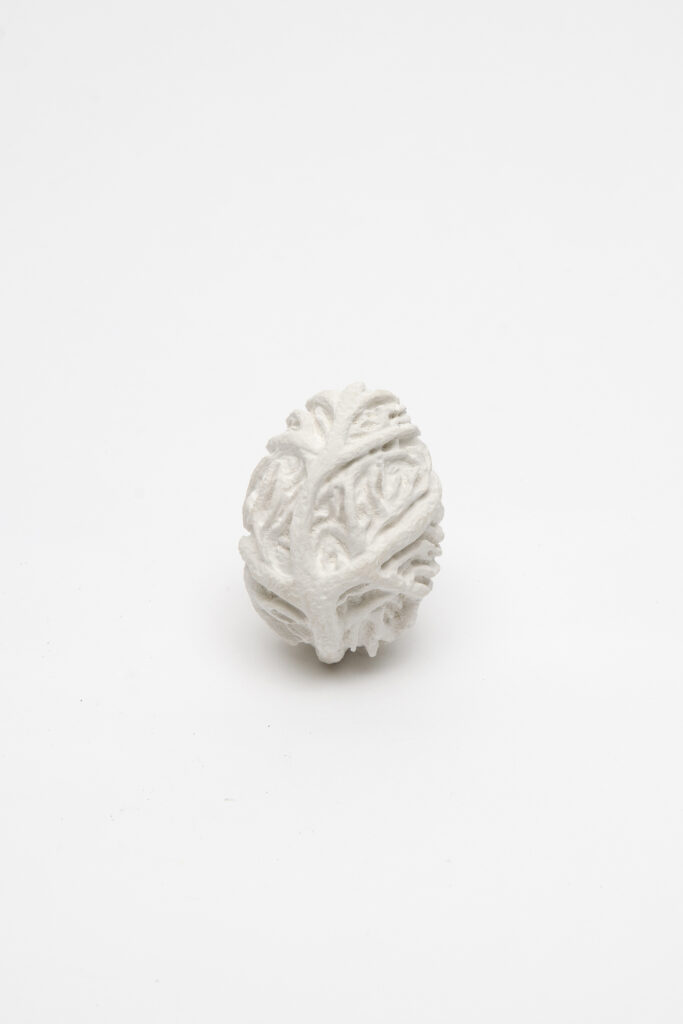
Yawen Fu
I had a Dream in Red presents a scene suspended between imagination and reality. Within it, the washing machine is a metaphor for the powerful, destructive forces that maintain the “cleanliness” of a system. This cleanliness represents a standard norm. Anything that does not conform to this standard is eliminated. As a maker, I have fears about such violence. My fear led me to imagine a counterforce, which then began to overlap in my mind with the memory of a dusty plush crocodile from my childhood room. Beneath a soft exterior, there lies a real crocodile. Drawn by the smell of blood, it leaves behind its plush disguise and, after a long absence, submerges itself in water. Faint vibrations from underwater reaches its skin, as it silently observes the spinning machine.
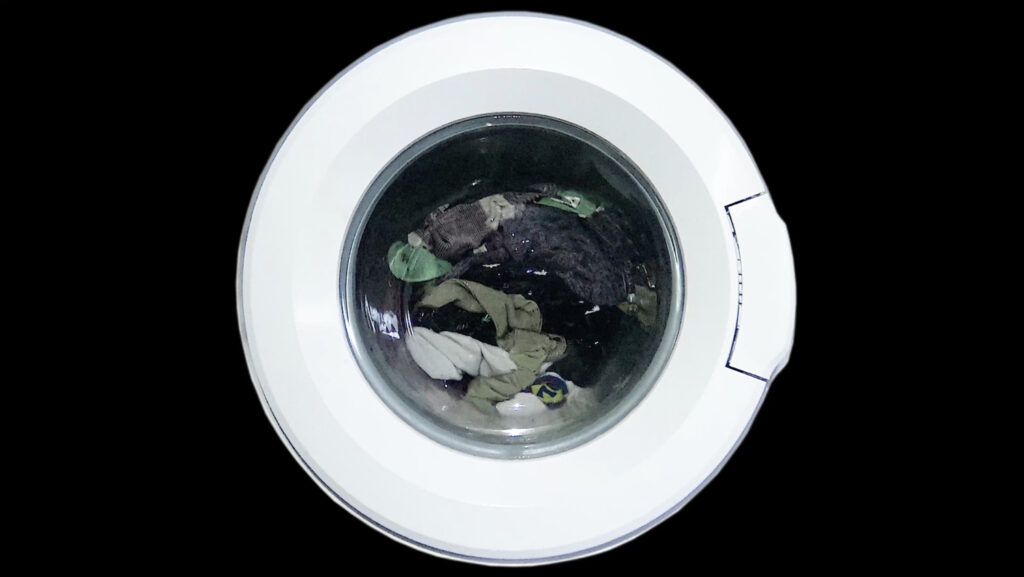
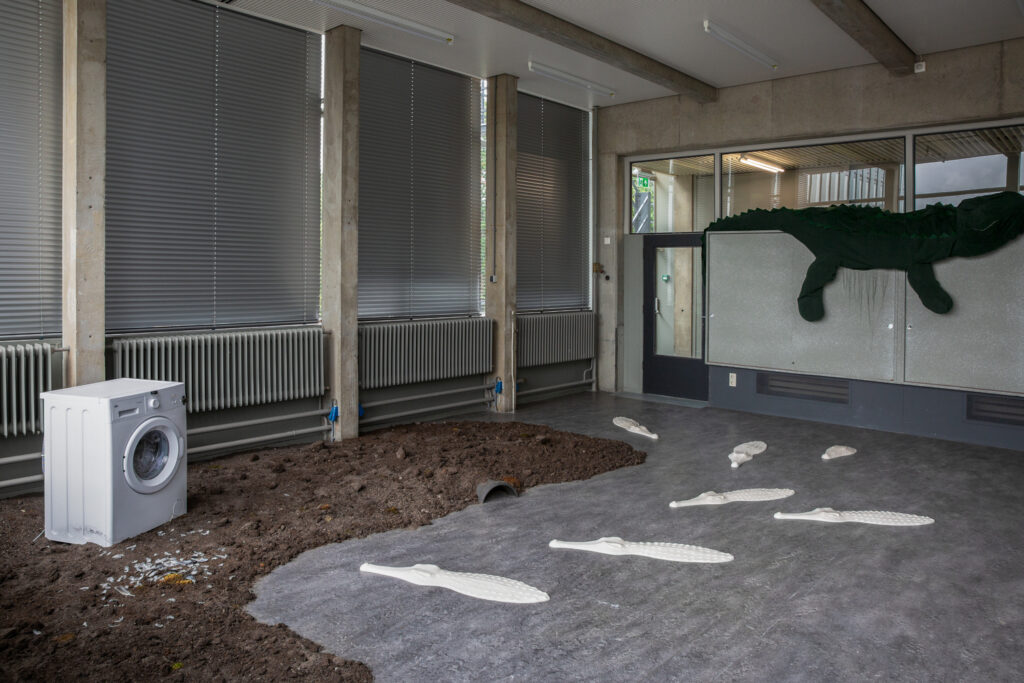
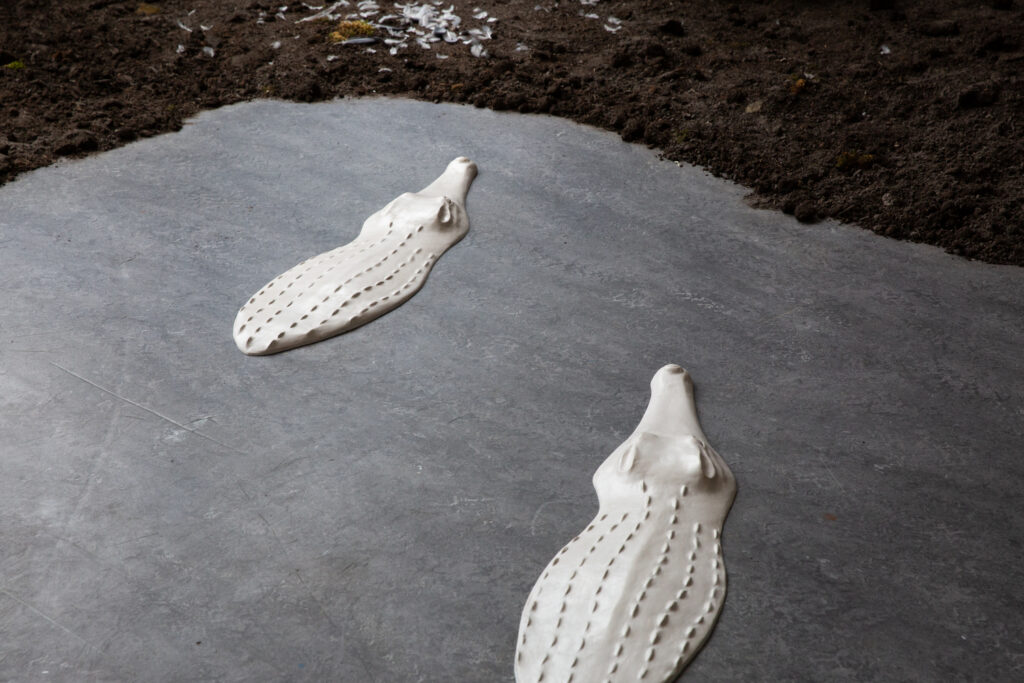
Myrthe Kaya Kamoen
This is a collection of works centered around a childhood memory. It is the earliest memory I have of losing a piece of jewelry. One of the first moments of permanent change.
There are several elements: the waiting room, the membership card and the lost ring. all of these element are made with the purpose of immersing the observer into this memory, playing with the sense of smell, sight, sound, and scale.
Together, they tell a story that aims to confront the viewer to examine their own relationship with the losses of growing up.
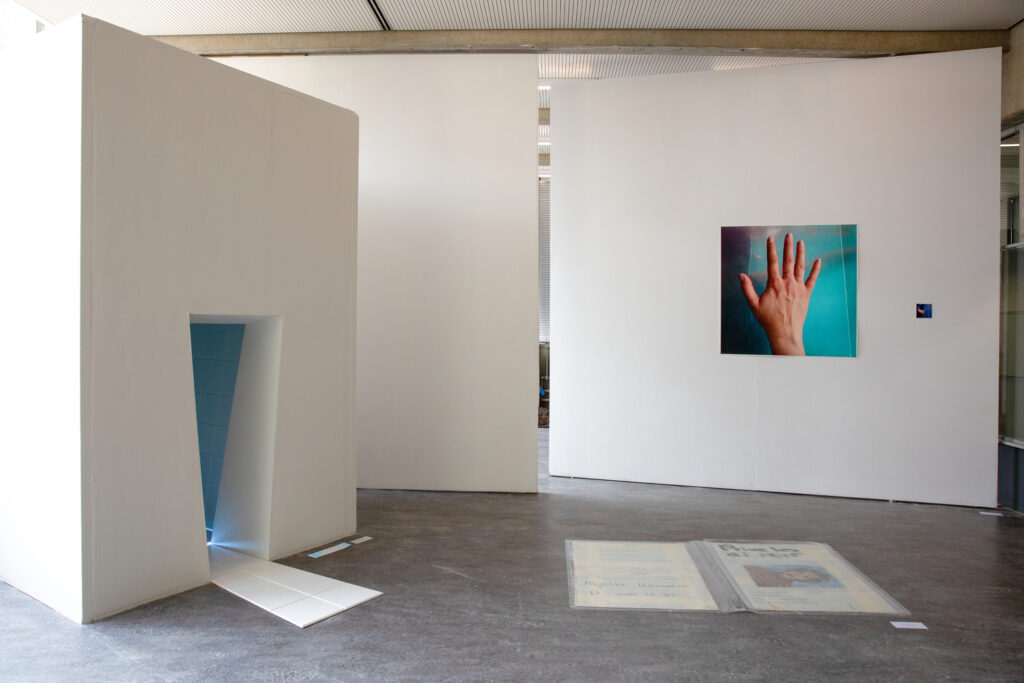
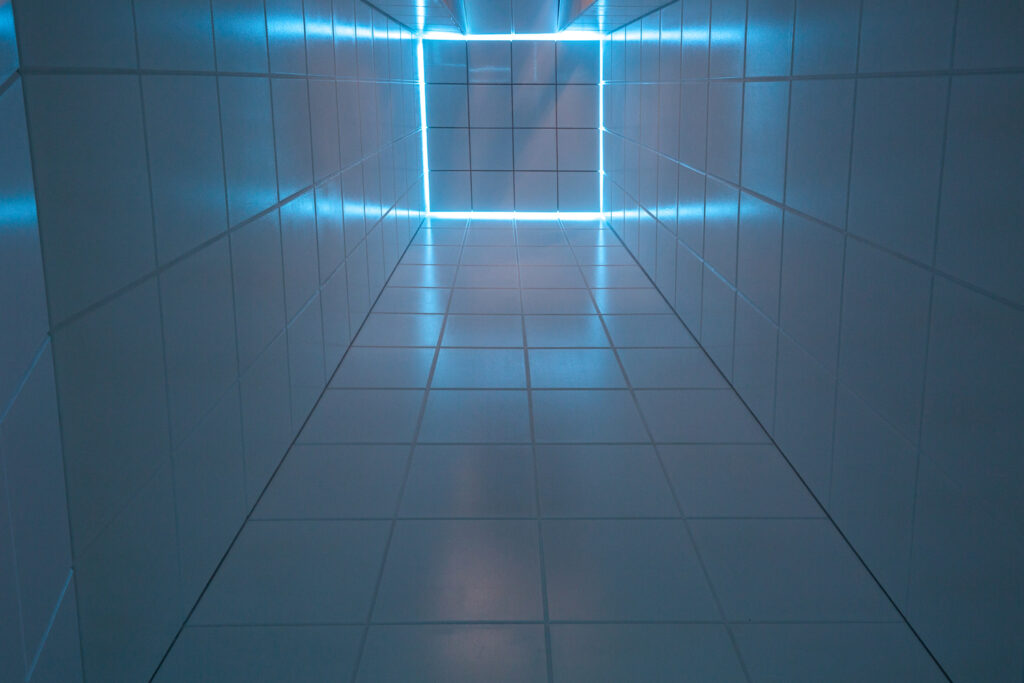
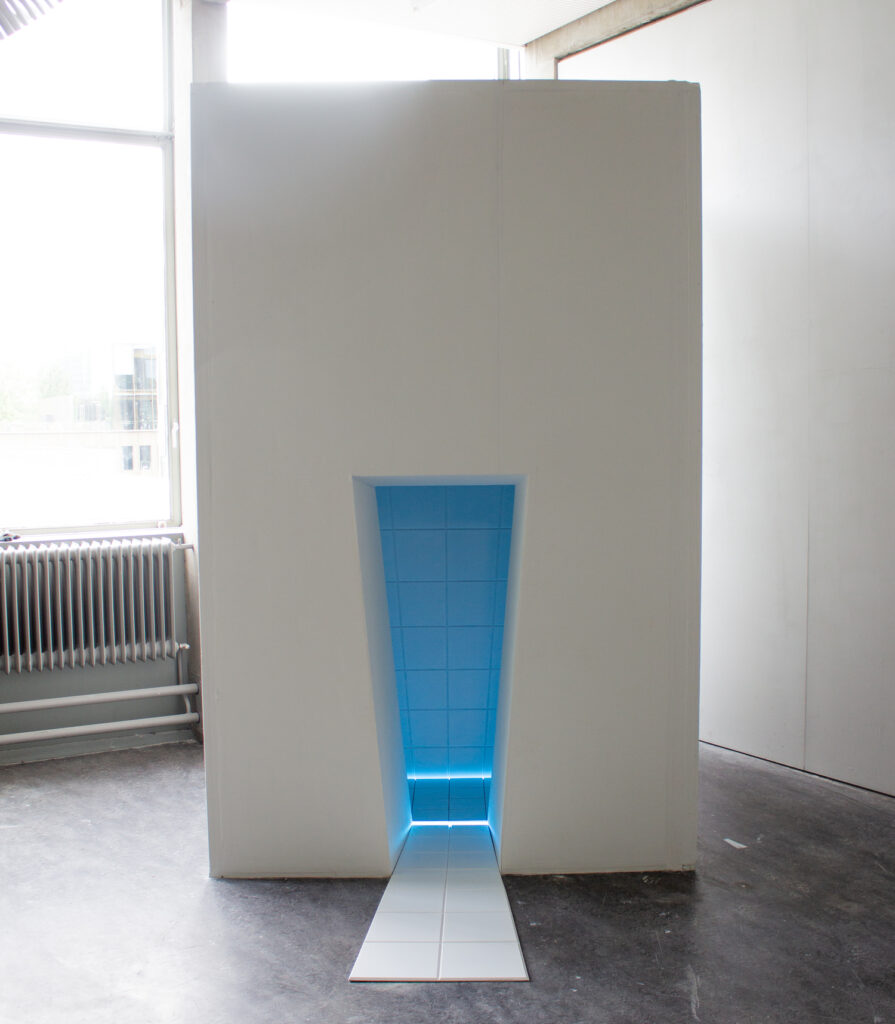
Lente Oosterhuis
Dirt(Y) Intimacy
One way of perceiving the planet is as a living body `mother earth´. This perspective suggests a dynamic in which we expect her to take care of us. We want her to love and support us. We become rather passive towards her, neglecting that she is more than a nursing mother. Our perspective arises from an embodiment of the maternal archetype, seemingly implying a one-way relationship.
But what if we try to see her as a lover?
In the refuge of the garden, I dug a hole. A wooden opening leading the viewer through, and inside the soil. In this intimate space sounds from the outside are muffled, providing a different climate, to allow one to calmly focus on oneself. From this awareness I guide the audience tough imaginary intimate moments. Between me and the audience, but also to the smallest sensation that can be felt from our surrounding. Intimacy is a feeling of closeness and can be felt all around and in us.
